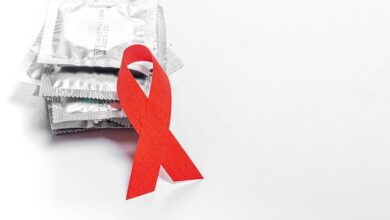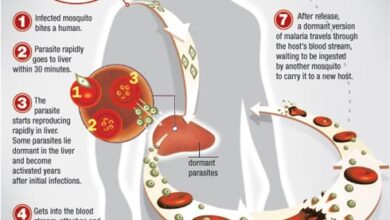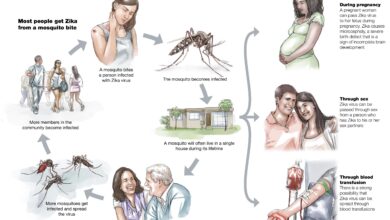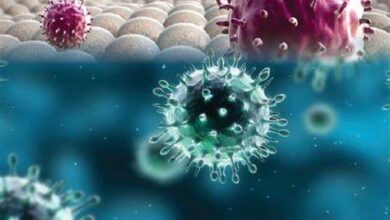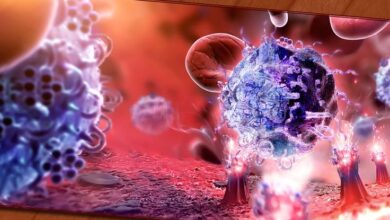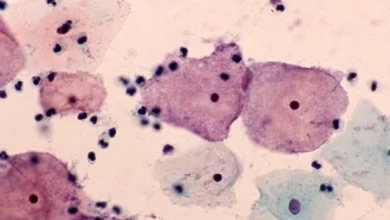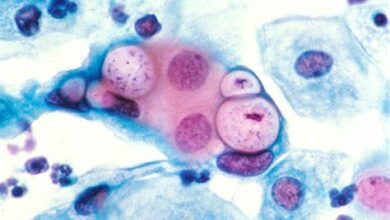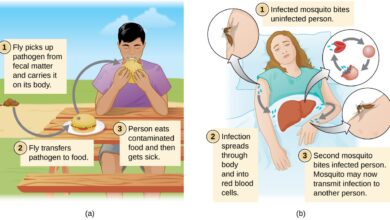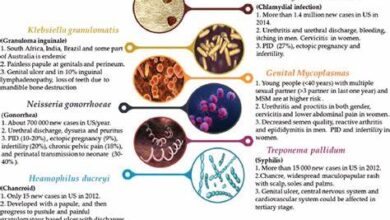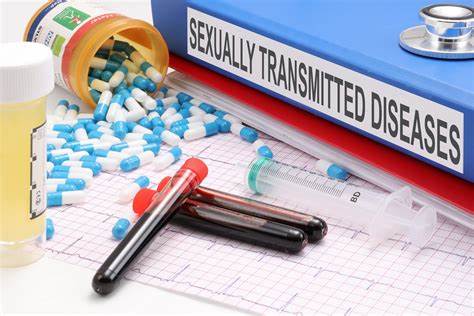
STIs Testing and Treatment Are Essential
STIs Testing and Treatment Are Essential: Protecting Yourself and Your Partners
Sexually transmitted infections (STIs) remain a significant public health concern, impacting individuals of all ages and backgrounds. Early detection and access to effective treatment are crucial for protecting your own health and well-being, as well as preventing the spread of infections to others. This article emphasizes why routine STI testing and treatment are essential, providing you with the knowledge and resources to prioritize your sexual health.
## Demystifying the Landscape: Common STIs and Their Impact
A wide range of STIs can be transmitted through vaginal, anal, or oral sex. Chlamydia, gonorrhea, human papillomavirus (HPV), syphilis, herpes simplex virus (HSV), and hepatitis B are some of the most common, often displaying no initial symptoms, further highlighting the importance of testing. Untreated STIs can lead to various health complications, including:
- Pelvic inflammatory disease (PID) in women: Causing infertility, chronic pain, and ectopic pregnancy.
- Increased risk of HIV transmission and acquisition: STIs make individuals more susceptible to both contracting and transmitting HIV.
- Long-term health issues: Untreated infections can lead to severe consequences like blindness, liver damage, and even death.
## Beyond Awareness: Taking Action with Testing
Regular STI testing empowers you to take control of your sexual health. Early detection enables prompt treatment, minimizing complications and preventing transmission to partners. Remember:
- Testing is not a judgment: It’s a proactive step prioritizing your health and wellbeing.
- Confidential testing options abound: Healthcare providers, Planned Parenthood clinics, and community centers offer readily available and confidential testing options.
- Testing frequency varies: Consult your healthcare provider to determine the appropriate testing schedule based on your individual risk factors.
## Beyond Testing: Embracing Effective Treatment
Fortunately, most STIs have effective treatments available. Early diagnosis and adherence to treatment plans are crucial for successful outcomes and reducing the risk of complications. Remember:
- Treatment varies by STI: Different STIs require specific treatment regimens. Your healthcare provider will determine the most appropriate course of action based on your diagnosis.
- Treatment completion is essential: Even if symptoms subside, completing the full treatment course is crucial to ensure complete eradication of the infection and prevent further complications.
- Partner notification and treatment: Informing and encouraging your sexual partners to get tested and treated, if necessary, is vital to prevent further transmission.
## Breaking the Stigma: Seeking Support and Resources
The stigma surrounding STIs can deter individuals from seeking testing and treatment. Remember:
- STIs are common: Millions of people worldwide live with STIs, and you are not alone.
- Seeking help is a sign of strength: Early diagnosis and treatment demonstrate your commitment to your own health and the health of your partners.
- Confidential counseling and support services are available: Confidential counseling can guide you through emotional challenges associated with an STI diagnosis and provide valuable resources.
## Advocacy for a Healthier Future: Collective Action Matters
Combating the prevalence of STIs requires a collaborative effort. Consider:
- Supporting comprehensive sex education: Equipping individuals with accurate information about STIs, safe sex practices, and healthy relationships empowers informed decision-making.
- Advocating for accessible healthcare: Affordable and confidential testing and treatment services should be readily available to all.
- Destigmatization campaigns: Raising awareness and reducing stigma surrounding STIs can encourage open communication and help-seeking behavior.
- Supporting policy changes: Policies promoting comprehensive sex education, accessible healthcare, and research into STI prevention and treatment are crucial.
By prioritizing individual responsibility and collective action, we can create a future where everyone has access to the knowledge, resources, and support they need to maintain optimal sexual health.
Remember: Knowledge is power. Stay informed, communicate openly with your healthcare provider and partners, and prioritize regular testing and treatment. Taking these steps empowers you to protect yourself and contribute to a healthier future for all.
- Baby names starting with A
- Baby names starting with B
- Baby names starting with C
- Baby names starting with D
- Baby names starting with E
- Baby names starting with F
- Baby names starting with G
- Baby names starting with H
- Baby names starting with I
- Baby names starting with J
- Baby names starting with K
- Baby names starting with L
- Baby names starting with M
- Baby names starting with N
- Baby names starting with O
- Baby names starting with P
- Baby names starting with Q
- Baby names starting with R
- Baby names starting with S
- Baby names starting with T
- Baby names starting with U
- Baby names starting with V
- Baby names starting with W
- Baby names starting with X
- Baby names starting with Y
- Baby names starting with Z


